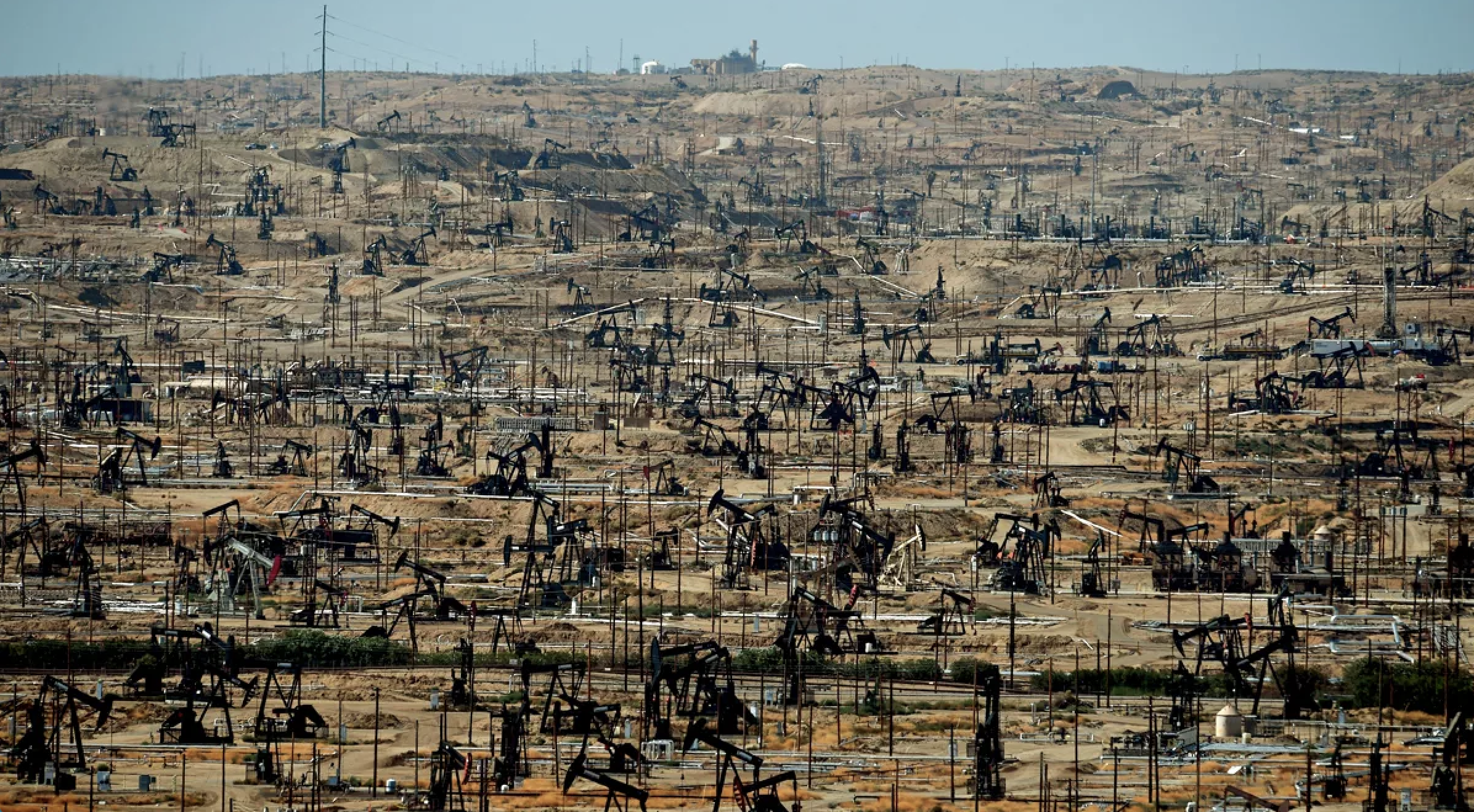As the legislature inches closer to its Saturday deadline to pass legislation, there’s more than just Cap-and-Trade being put on the agenda at the last minute. Early yesterday morning—the deadline for bills to be printed in order to be eligible for a vote during the final legislative session on Saturday—amendments to Senate Bill 237 were introduced that would allow for up to 2,000 new permits for oil extraction in Kern County annually. Last year, just 84 such permits were granted statewide.
With gas prices already looming as a potential major issue in next year’s gubernatorial and legislative races, the legislation is largely seen as an effort to keep prices stable or even lower them as oil refineries continue to close throughout the state. Phillips 66 announced it will close two refineries before the end of this calendar year, and Valero plans to close one next year.
California imports 80% of its oil from other states, and the refinery closures threaten to push that number even higher.
So far, the legislation appears to be popular with elected Democrats and nobody else. Environmental organizations are outraged, while both Republicans and representatives of the oil industry have yet to back the measure publicly.
In a statement a coalition of environmental organizations called the current session the “worst legislative year for the environment and climate in recent history.” While the statement had many targets, there was plenty of anger directed just at SB 237.
“At a time when our state, and frankly the country, need progressive leadership the most, Governor Newsom, Speaker Rivas, and Pro Tem McGuire acquiesced to Big Oil and massively deregulated the industry,” said Dan Ress, Senior Attorney at the Center on Race, Poverty & the Environment.
“SB 237 guts environmental protections for Kern County communities when there is no evidence that those actions will do anything to stabilize supply or lower gas prices. This will open the door to even more life-threatening pollution in some of the most polluted communities in the country, while locking in decades of climate disasters across the state.”
Oil wells create air pollution both during drilling and throughout their operation, releasing a mix of harmful pollutants into the air. The extraction process emits nitrogen oxides, methane, and other greenhouse gases into the air that contribute to smog, climate change, and poor air quality in general. Flaring and venting at wells release toxic chemicals such as benzene and formaldehyde, which are linked to cancer and respiratory problems.
In addition, fine particulate matter generated by drilling and equipment use can lodge deep in the lungs, worsening asthma, heart disease, and other health issues.
A recent report by the American Lung Association ranked Bakersfield, the largest city in Kern County, as the U.S. city with both the highest year-round small particle pollution and the highest short-term particle pollution. The increase in oil wells in Kern County would likely worsen the city’s already staggering asthma rates: roughly 8% of Bakersfield residents—about 70,000 people—have been diagnosed with the disease.
“Removing environmental safeguards won’t reverse the terminal decline of California oil production, but it will allow the industry to do more damage on its way out the door. This bill would mean more air, water, and greenhouse gas pollution, while having no impact on refinery closures or gas prices,” said Hollin Kretzmann, Senior Attorney at the Center for Biological Diversity’s Climate Law Institute.






